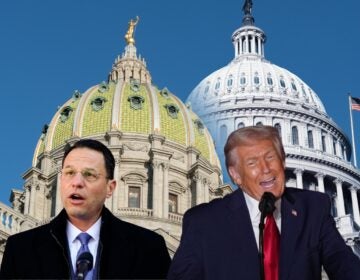World population hits 7 billion as natural disasters spread and Romney flips on emissions control.
I think that future generations will look back on 2011 and wonder, “What in the world were they thinking?”
This is the year that the world’s population hit 7 billion, just 12 years after hitting the 6 billion mark in 1999, and 24 years after hitting 5 billion in 1987. The world’s population has doubled since 1967, in a single generation. Obviously this growing population will require ever more food and more energy for electricity, transportation, communication, and heating and air-conditioning.
This is also the year of increasingly extreme weather conditions, widespread drought, enormous forest fires, and especially historic rainfall and flooding. This year has seen extreme and unusual flooding throughout the world including the Mississippi Valley in the United States, Queensland in Australia, and most recently in Bangkok, the capital of Thailand. We are not talking here of flooding a few, small island nations that no one outside the National Geographic Society can name. We are talking about natural disasters happening in the heartland of the developed world in the full glare of the international media.
This is also the year that Mitt Romney, the leading Republican challenger for U.S. president, switched his position from believing that human activity was contributing to climate change, to joining those opposing efforts to limit carbon dioxide emissions, though he himself had imposed restrictions on such emissions as Massachusetts governor. In reversing his position on climate controls, Romney has joined with other Republican presidential aspirants and climate-change skeptics including Rick Perry, Herman Cain, Newt Gingrich, and Michelle Bachmann.
Here’s how Romney now describes his new position on climate change: “My view is that we don’t know what’s causing climate change on this planet and the idea of spending trillions and trillions of dollars to try and reduce CO2 emissions is not the right course for us.”
One of my concerns in 2011 is that one of these climate-change skeptics could actually be elected president, guaranteeing us a future of more tons of coal burned to generate electricity, more dependence on imported oil, more deep-water drilling on the ocean floor, and more nuclear power plants. For the rest of the world, there would be no U.S. leadership to limit climate change in the face of a growing world population. Future generations would look back in wonder at our shortsightedness. But I can’t really believe that’s going to happen.
WHYY is your source for fact-based, in-depth journalism and information. As a nonprofit organization, we rely on financial support from readers like you. Please give today.




